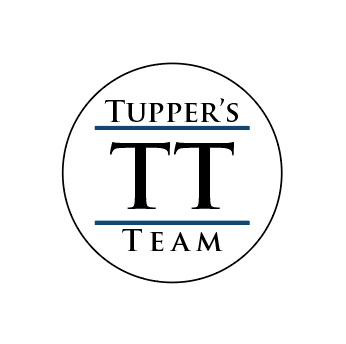Homeowners: Two Important Things to Know About the Changing Economy
With interest rates rising and reports that home sales are slowing, it may appear that the housing market is on the cusp of an ‘inflection point’. The Fed’s moves to slow inflation will have an impact on the real estate market, but there are two things to bear in mind.
Your residence is a great inflation hedge. Inflation is defined as a general increase in prices and fall in the purchasing power of money. The Fed’s moves to raise interest rates are designed to discourage borrowing (and therefore spending) so the supply of things can catch up with demand. To combat inflation, it’s important to invest in assets that traditionally hold or grow in value. Sitting tight and continuing to pay off your mortgage with fixed, low interest payments (if you have a loan) is a smart move during inflationary times.
History proves that an economic slowdown like a recession doesn’t equal a housing crisis. The concern on every economist’s mind is whether the Fed’s moves will drive us into a recession. While the 2008-2012 Great Recession did bring the price of an average single family residence down nearly 20%, that was an exception to the rule--home prices increased in 4 of the last 6 recessions. The difference in 2008 was that housing was directly impacted by irresponsible mortgage lending practices resulting in borrowers defaulting on loans they couldn’t afford. Today’s inflation is broader, where nearly every sector of the economy is hampered by extraordinary demand chasing supply-chain shortages. In fact, nearly all economists expect any recession brought about by the Fed to be brief & mild because there are so many job openings available.
Selling Your Home?
Get your home's value - our custom reports include accurate and up to date information.




